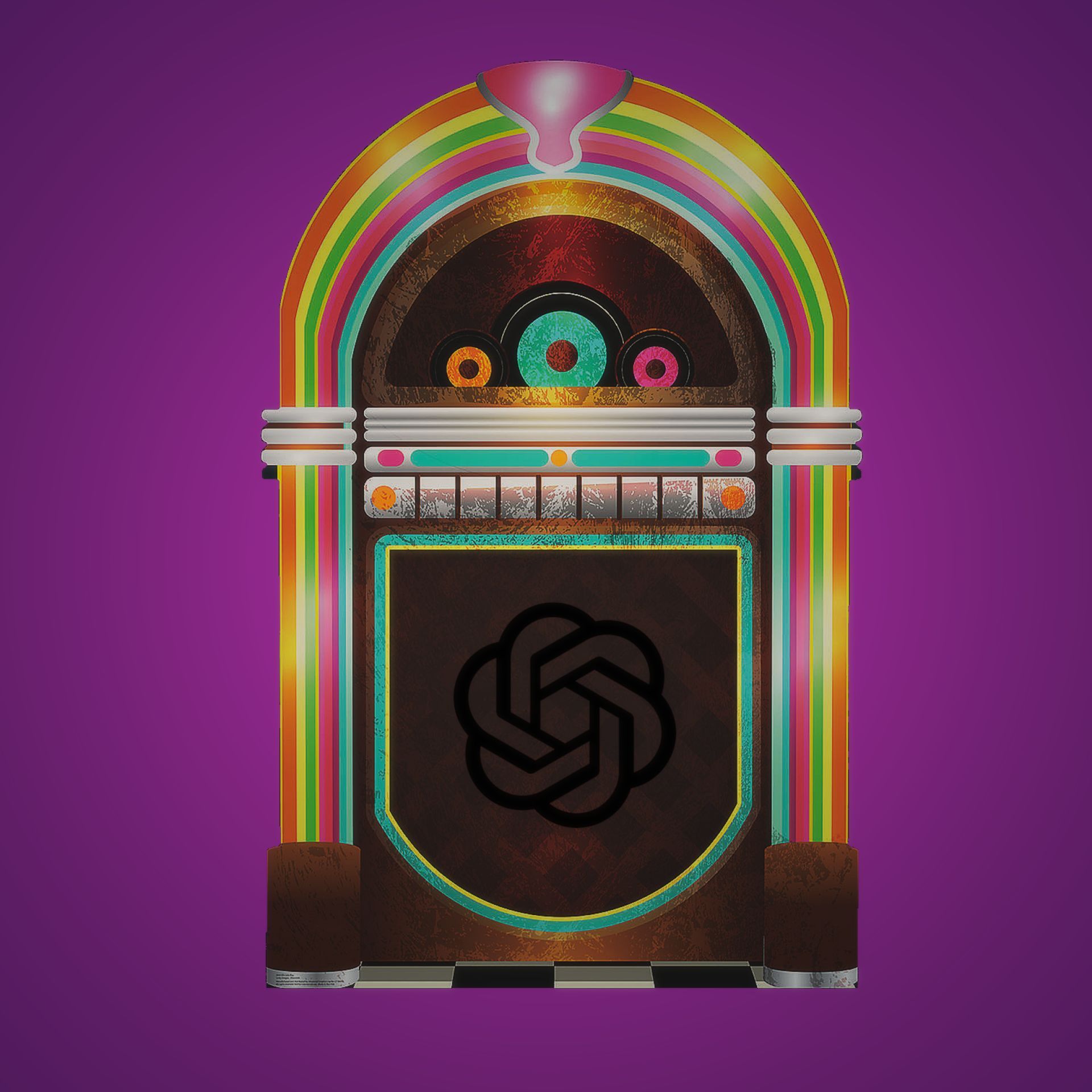OpenAI Jukebox is a machine-learning model that works as an AI music generator. It can be trained on a dataset of existing music and then used to generate new, original compositions. The model can be fine-tuned to generate music in a specific style or to follow certain rules or guidelines. The music bot can be integrated into various applications such as music production software, games, and virtual assistants.
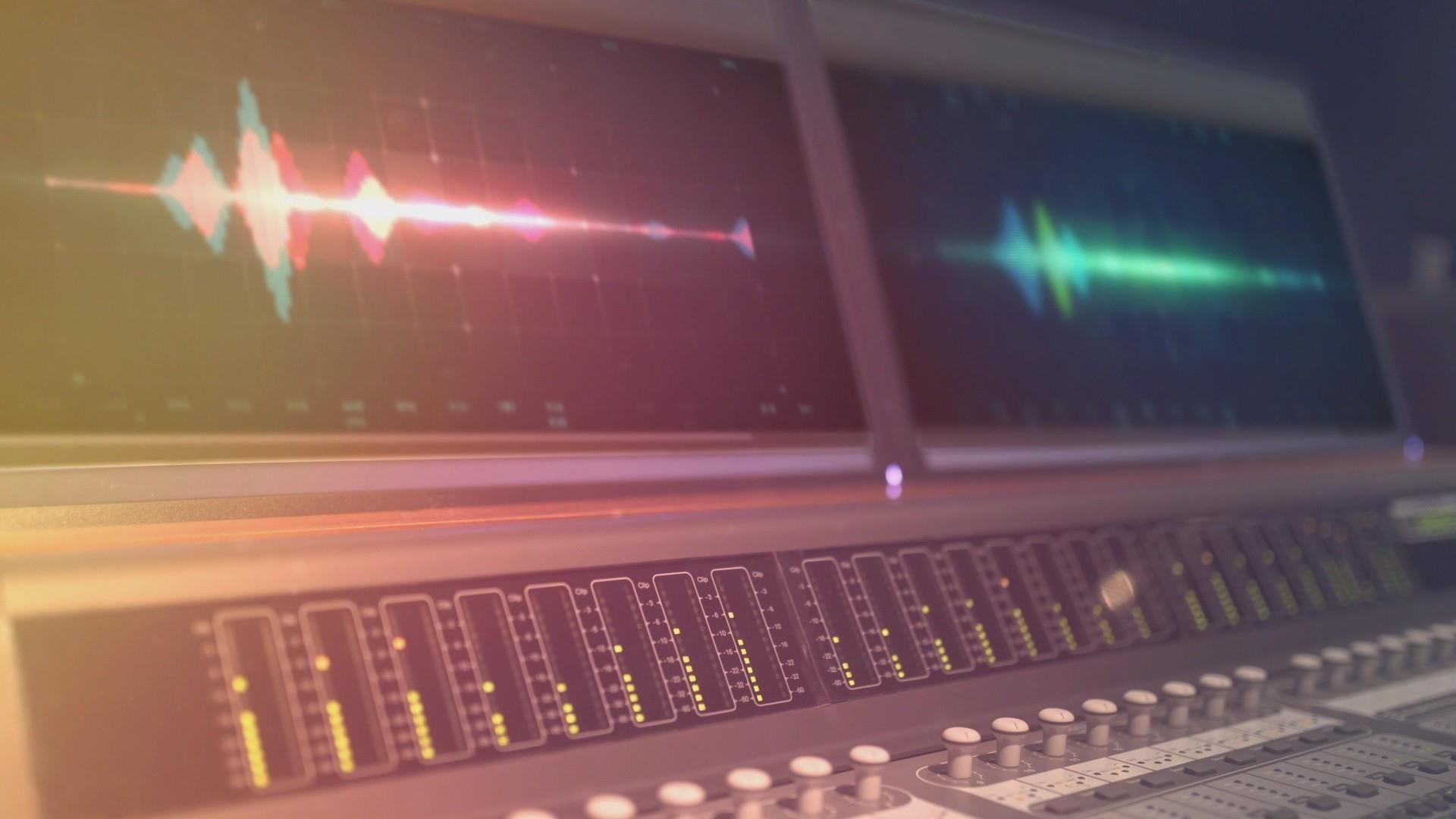
OpenAI’s music generation model, known as the “Open AI Jukebox” has the potential to impact the music industry by enabling the creation of new, original music at a faster pace and potentially at a lower cost. It could also potentially be used to compose music for films, video games, and other media. However, it’s still a new technology, and it remains to be seen how it will be adopted and used in the industry. Additionally, it could also pose a threat to human musicians and composers in terms of job replacement.
How does Open AI Jukebox work?
OpenAI’s Jukebox is a neural network that generates music by learning to model the patterns and structure of existing songs and then using that knowledge to compose new pieces of music. It is based on a type of neural network called a transformer, which is trained using a large dataset of music recordings.
The training process involves feeding the network with large amounts of raw audio data from songs and then using that data to train the network to recognize patterns and structure in the music. Once the network is trained, it can be used to generate new pieces of music by sampling from the learned patterns and structure.
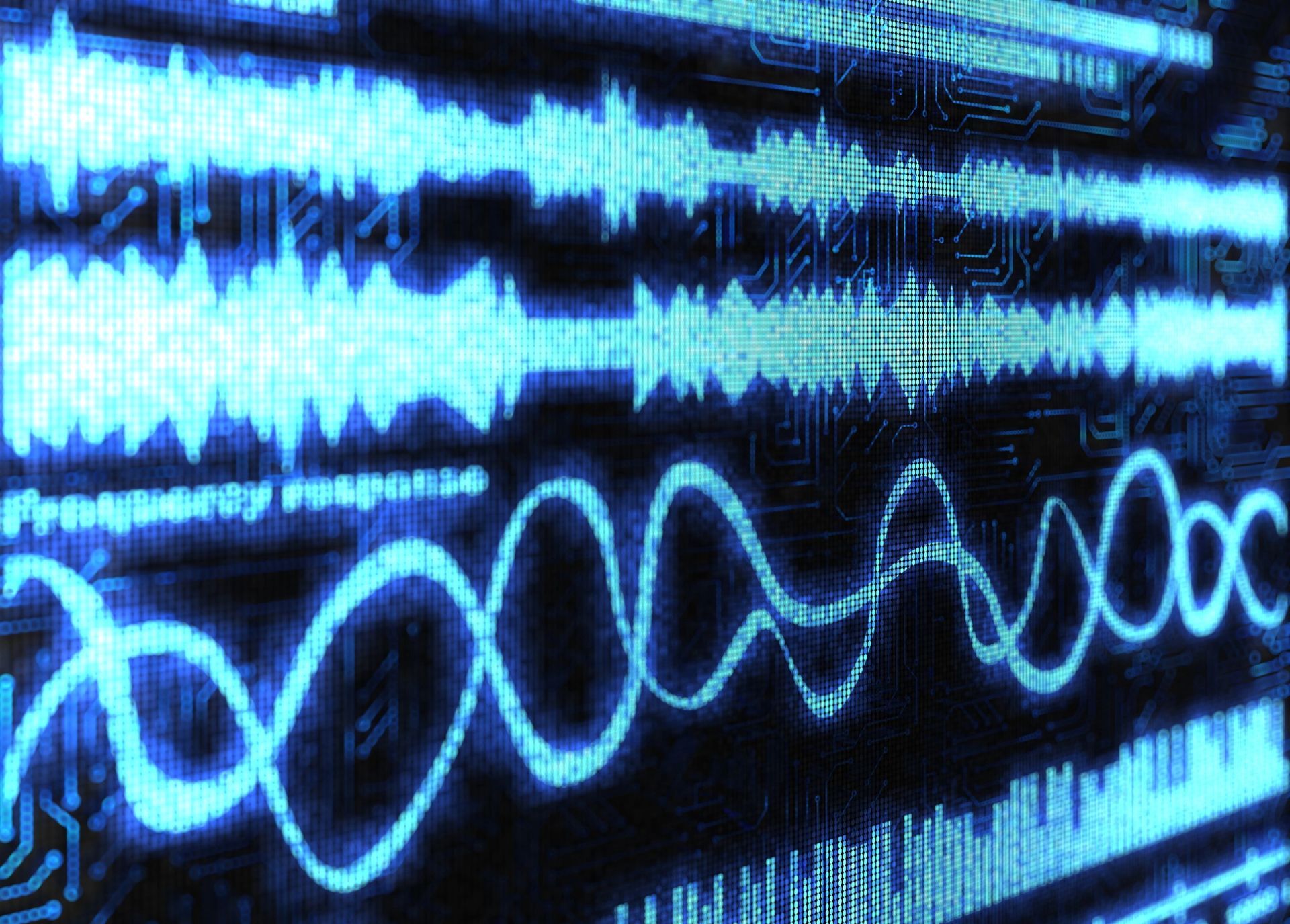
The jukebox can generate music in a variety of different styles and genres by conditioning the model on different types of music. It can also generate lyrics, and even singing voices with the help of a separate model called MuseNet which has been trained on a massive dataset of MIDI files, sheet music, and lyrics, along with the corresponding audio.
Jukebox is still a new technology and it is not yet widely used in the music industry, but it has the potential to become an important tool for music creation and production in the future.
How to use Open AI Jukebox?
Currently, OpenAI’s Jukebox is not available for public use yet. But when it will be, there will be probably different ways to use it, but some possible methods include:
- Using the Jukebox API: OpenAI provides an API that allows developers to access the Jukebox model and generate new music. With the API, developers can specify the style, genre, and other parameters of the generated music and integrate it into their own applications
- Using the Jukebox web interface: OpenAI may also provide a web interface that allows users to interact with the Jukebox model and generate music without needing to write any code. This could be similar to a music creation software
- Using the Jukebox in a DAW (Digital Audio Workstation): OpenAI could make Jukebox available as a plug-in for popular DAWs (Digital Audio Workstations) such as Ableton Live, Logic Pro, or FL Studio. This would allow musicians and producers to use the Jukebox model in their existing workflows
It’s important to note that OpenAI’s Jukebox is still in development and the availability and methods of use may change
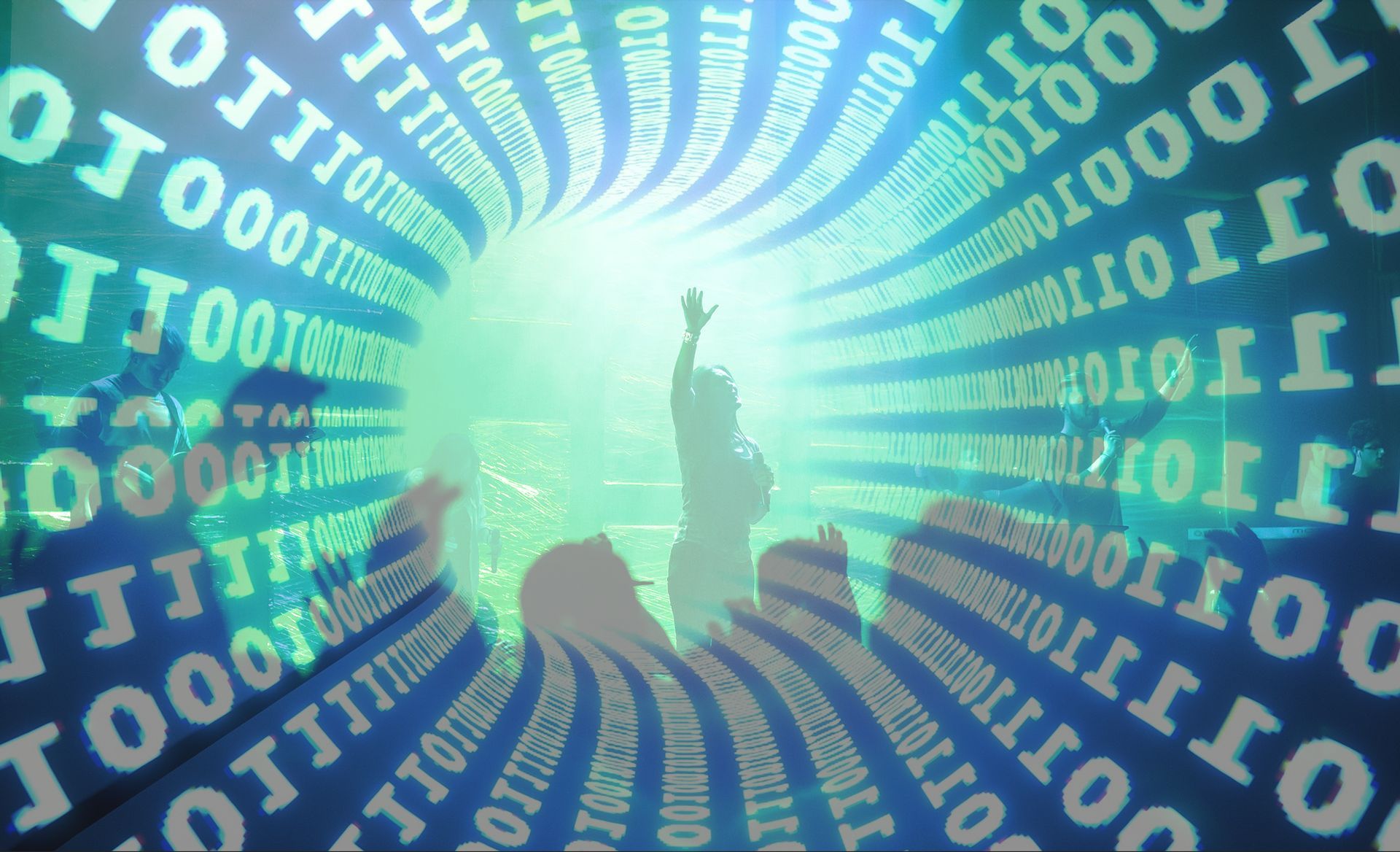
What does Open AI Jukebox mean for the music industry?
There are several potential benefits to using OpenAI’s music generation model in the music industry, including:
- Increased productivity: The ability to quickly generate new music could lead to a faster pace of production and potentially lower costs for music creation
- Creative inspiration: The model could be used as a tool to help musicians and composers come up with new ideas and inspiration for their work
- Music composition for other media: The technology could be used to compose music for films, video games, and other media
- Personalization: The model could be used to generate music that is tailored to a specific audience or market, which could lead to more personalized and effective marketing
- Job opportunities: It could create new job opportunities for engineers, data scientists, and other experts in the field
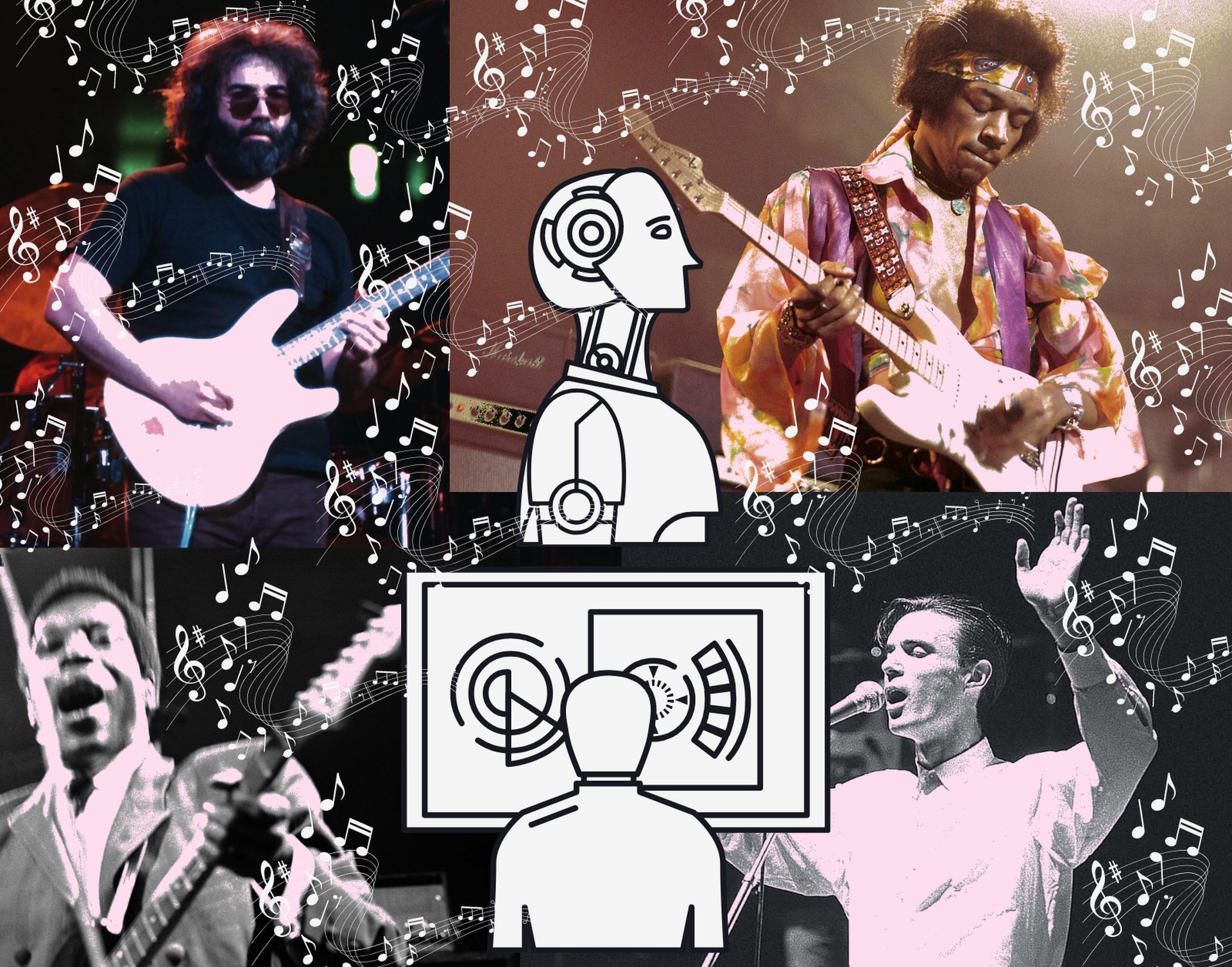
There are some ethical concerns about the usage of AI music generators
Even while it may seem like a fun idea to create AI music generators, there are some ethical issues with AI-produced music. One concern is that AI might produce music that is plagiarized, which would be against the law. Issues like these are sensitive, as Lensa AI was accused of stealing works from artists last year.
There is also worry that songs produced by AI would not be as creative or innovative as those produced by humans. The need for live musicians might decline as a result of this.
To prevent AI from harming the industry, it will be crucial to take these ethical considerations into account as technology advances.

